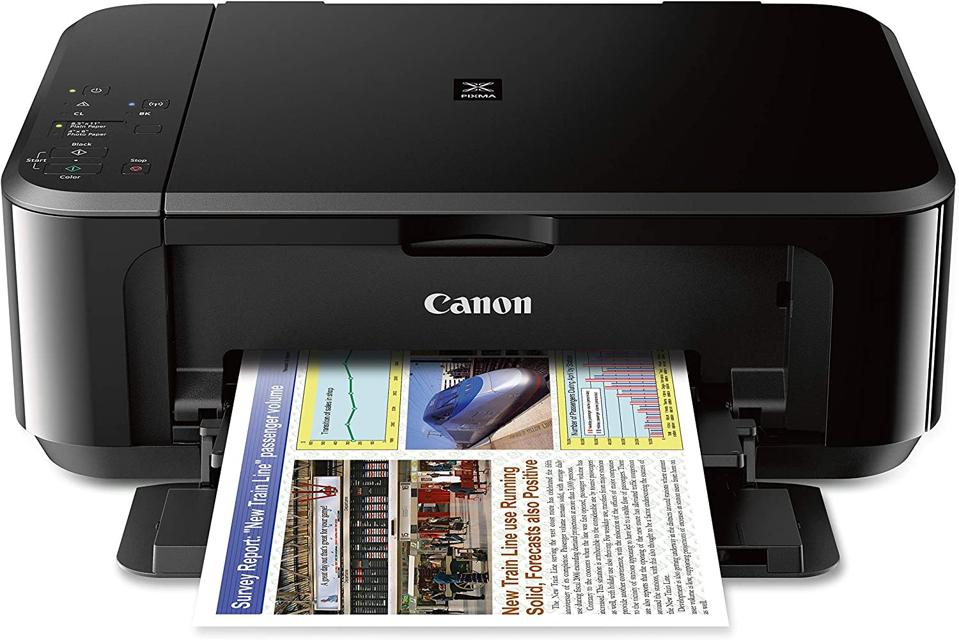The Science Behind Laser Printers: Do They Really Need Ink?
2 min read
Laser printers have become an essential tool in both professional and personal settings. They offer fast and high-quality printing, making them a popular choice for businesses and individuals alike. But have you ever wondered if a laser printer actually needs ink? In this article, we will delve into the inner workings of laser printers and uncover the truth behind their ink requirements.
Understanding Laser Printing Technology:
To comprehend whether a laser printer needs ink, we must first understand how laser printing technology works. Unlike inkjet printers that use liquid ink, laser printers employ a different mechanism involving toner and static electricity.
- Toner Cartridges:
Laser printers use toner cartridges instead of ink cartridges. Toner is a fine powder composed of plastic particles and pigments. These cartridges contain a blend of toner particles that are electrically charged. - The Printing Process:
When a print command is given, the laser printer's drum, which is coated with a light-sensitive material, is exposed to a laser beam. The laser selectively charges the drum, creating an electrostatic image of the desired content. - Transferring the Toner:
Next, the charged toner particles are attracted to the electrostatic image on the drum. The toner is then transferred onto the paper using a combination of heat and pressure. The paper passes through a fuser unit that melts the toner particles, permanently bonding them to the paper fibers. - No Ink Required:
As we can see, laser printers do not rely on liquid ink. Instead, they use toner, which is a dry powder. This fundamental difference sets laser printers apart from inkjet printers, as they do not require ink cartridges.
Advantages of Toner over Ink:
Now that we understand the absence of ink in laser printers, let's explore the advantages of toner:
- Precision and Clarity:
Toner particles are smaller and more uniform than ink droplets, resulting in sharper and more precise prints. This makes laser printers ideal for producing high-quality text and graphics. - Durability:
Toner is resistant to smudging and fading, ensuring that prints remain intact for a longer period. This durability is particularly beneficial for documents that require longevity, such as legal papers or archival materials. - Cost-effectiveness:
While toner cartridges may initially seem more expensive than ink cartridges, they have a higher page yield. This means that toner cartridges last longer, resulting in lower long-term printing costs.
Conclusion:
In conclusion, laser printers do not require ink. Instead, they utilize toner cartridges and a complex electrostatic process to create high-quality prints. Understanding the science behind laser printing technology allows us to appreciate the precision, durability, and cost-effectiveness that these printers offer. So, the next time you use a laser printer, remember that it's not ink but toner that brings your documents to life.

